-
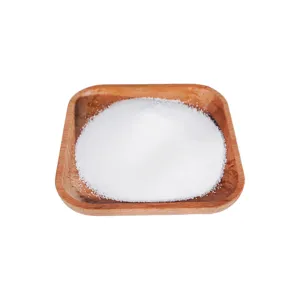 Sodium Cyclamate Needle Powder NF13
Sodium Cyclamate Needle Powder NF13 -
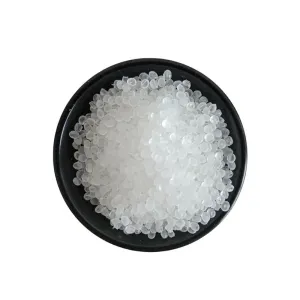 Anyang Longyu Bottle Grade PET Chips IV0.83
Anyang Longyu Bottle Grade PET Chips IV0.83 -
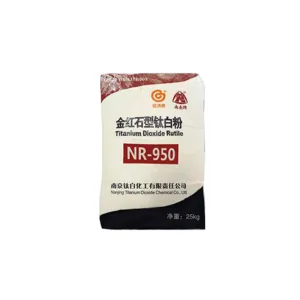 Nantai Rutile Titanium Dioxide NR-950
Nantai Rutile Titanium Dioxide NR-950 -
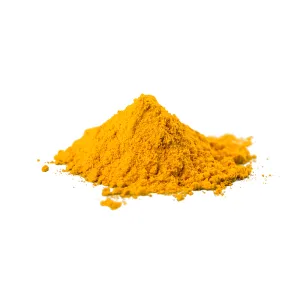 High Quality Folic Acid Vitamin B9 Food Grade
High Quality Folic Acid Vitamin B9 Food Grade -
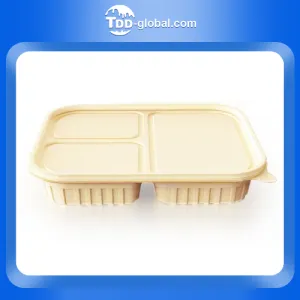 XH-3G-1 Cornstarch 3 compartment rectangle food container takeout lunch box
XH-3G-1 Cornstarch 3 compartment rectangle food container takeout lunch box -
 Cellulose Ether 7152
Cellulose Ether 7152 -
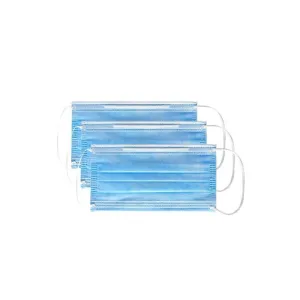 Anti-bacteria Disposasble Surgical Protective Face Masks
Anti-bacteria Disposasble Surgical Protective Face Masks
Q
who makes mazda vehicles
I'm a seasoned industrial engineer with a keen interest in machine learning. Here to share insights on latest industry trends.
A gasoline engine is a type of internal combustion engine that uses gasoline as fuel to propel a vehicle or power other types of machinery. It operates by igniting a mixture of gasoline and air in a cylinder, causing a rapid combustion that pushes a piston, converting the chemical energy of the fuel into mechanical energy. This process repeats in a cycle, producing continuous power. The gasoline engine is commonly used in cars, motorcycles, small trucks, and other types of vehicles.
MaterialScienceHub: Unveiling new materials and their applications in the industrial world.
The Mazda Motor Corporation manufactures Mazda cars in Nakaichi. Anyi Prefecture. Hiroshima. Japan.
You May Like
Yes, titanium dioxide is a compound. A compound is a substance formed when two or more chemical elements are chemically bonded together. In the case of titanium dioxide, it is composed of one titanium atom and two oxygen atoms. It appears as a white powder and is widely used in many commercial and industrial applications, including paints, sunscreens, and food coloring, due to its brightness and high refractive index. However, its safety for use in food and cosmetics has been a topic of debate among scientists.
Polypropylene (PP) is widely used in the construction industry due to its versatility, durability, and resistance to chemical and physical stress. Its primary applications include piping systems for hot and cold water, drainage, as well as insulation materials for electrical cables. PP is also employed in the fabrication of durable carpet fibers, house wraps, and roofing membranes that contribute to energy efficiency and moisture control in buildings. Additionally, its lightweight nature makes it ideal for temporary structures, signage, and in the production of plastic parts used in construction machinery. PP’s recyclability aligns with sustainable construction practices, making it a preferred choice for environmentally conscious projects.
Spun polypropylene filters are highly regarded for their efficiency in removing sediments, silt, and particulate matter from water. Made from thermally bonded polypropylene fibers, these filters boast a high dirt-holding capacity and minimal pressure drop, making them ideal for various applications, from residential water purification to industrial processes. The best spun polypropylene filter should offer a balance between micron rating, typically ranging from 1 to 100 microns, and flow rate, ensuring it meets the specific needs of the application. Additionally, it should be durable, resistant to chemical degradation, and capable of withstanding a wide range of temperatures. A top recommendation is the Pentek DGD-2501, known for its dual-gradient density for higher filtration efficiency. When choosing, consider the filter's compliance with NSF/ANSI standards for water safety and purity.
You May Like
Q&A
- •what is tonal yarn
- •what is yarn in clothing
- •what is polypropylene plastic made of
- •sulphur dioxide effects
- •how do you say yarn in spanish
Popular Information








